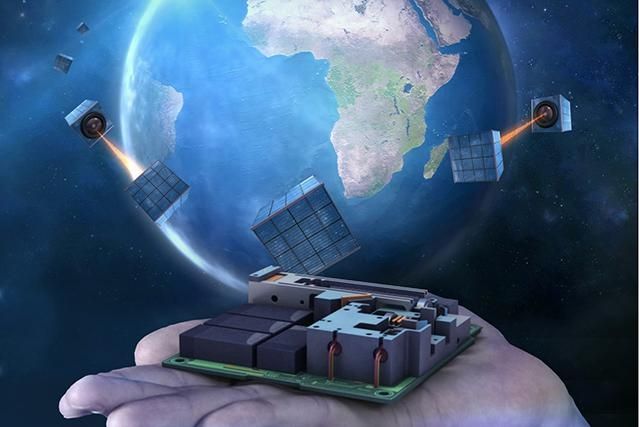A quantum node device that might pave the way for a future space-based quantum Internet has been successfully tested for the first time aboard a small satellite.
The device, called SPEQS, has been developed by a team from the National University of Singapore (NUS) and the Glasgow-based University of Strathclyde. It contains technology for creation of the so-called correlated photons, which are a precursor for the better known entangled photons that communicate across large distances.
In an article published in the latest issue of the journal Physical Review Applied, the team led by NUS researcher Alexander Ling described first result of the experiment, which saw the SPEQS system reliably creating and measuring pairs of photons with correlated properties.










Comments are closed.